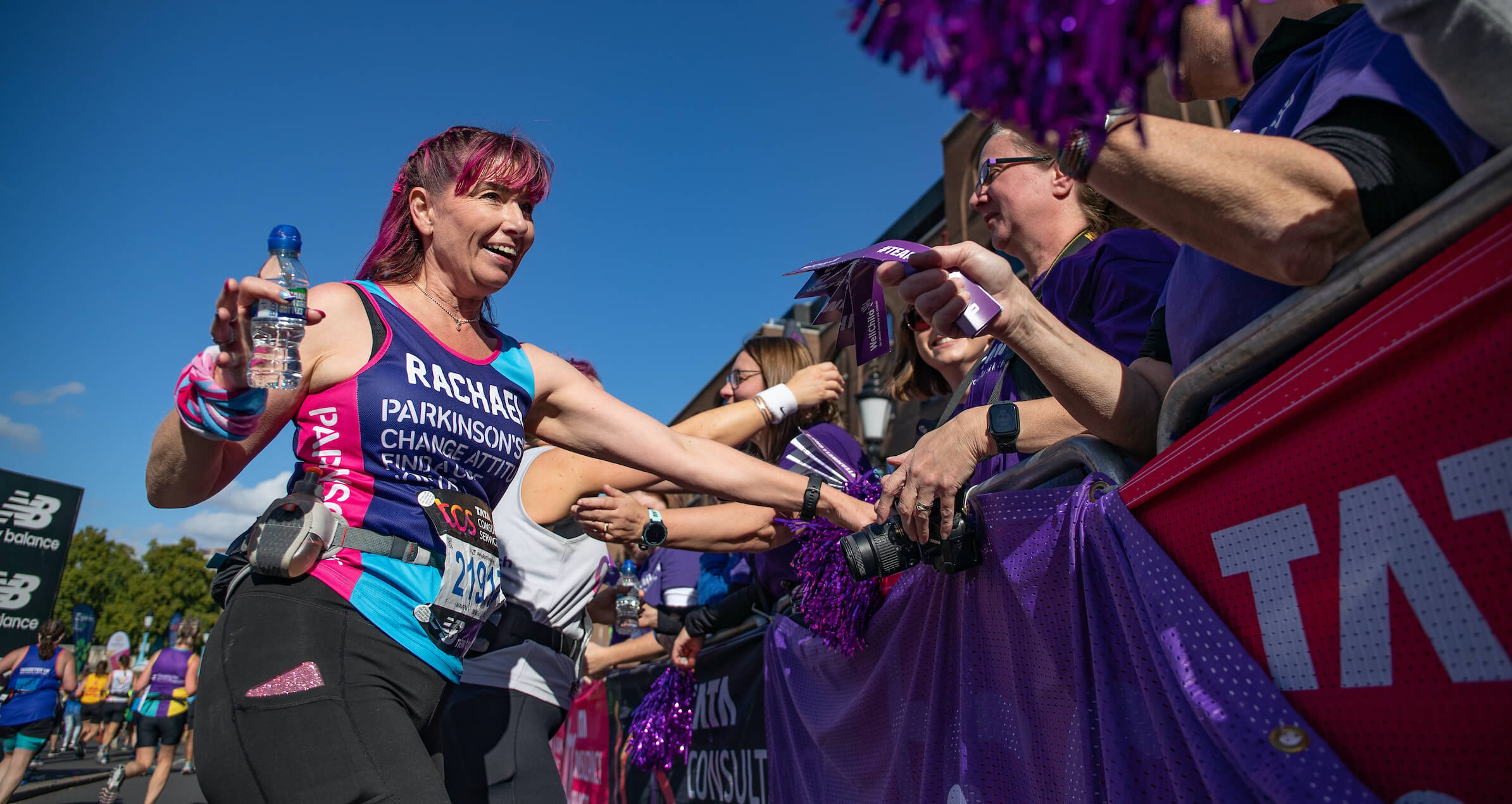Making the hard yards a little easier
Brought to you by Buxton Water
It’s tough – sometimes harder than the marathon itself. Yes, we’re talking about the training. Months of dedication and getting up two hours before work to slog down those cold streets in the dark. We’re talking self-sacrifice, lost weekends and very smelly trainers.
So, we’d just like to say kudos to you. It’s you and your fellow runners that make the TCS London Marathon the amazing event it is. And to help you reach Event Day in the best possible form, here are some top tips on how you can improve your training with proper hydration.
Stay watered before, during and after your run
These days, more and more of us are keeping fit by following our sporting passions – and it’s something that we at Buxton Water wholeheartedly support. That’s why we work at the TCS London Marathon, helping each and every big-hearted hero stay well-watered along the way.
Of course, it’s not just long distance runners who need to be properly hydrated to get their best results. Whatever your sport – squash or softball, polo or pole vaulting – getting enough hydration during exercise plays a vital part in how well you’ll do.
In fact, just a two per cent reduction in fluids can result in a 10 to 20 per cent loss of performance. The very best way to ensure this doesn’t happen is to drink more water.
How much water should you be drinking?
Staying fully hydrated during exercise can be easier said than done. In the heat of an intense match, or when pushing yourself to break your personal best, drinking can take a back seat. But it’s vitally important you drink as much as you need – not just to give you the best chance to perform, but for your overall wellbeing too.
The amount of water you should take on board depends on a number of things. As you’d expect, the intensity of your workout plays a big part. Obviously, the more you sweat the more water you need to put back in. And, of course, morphology and weather are important too. It stands to reason that you’ll lose more water on a hot summer’s day than in the middle of winter.
And don’t forget – you shouldn’t just be hydrating during exercise. It's equally essential that you take on water before and after your workout to ensure you’re ready for action and to help you wind down more safely once you’ve stopped.
